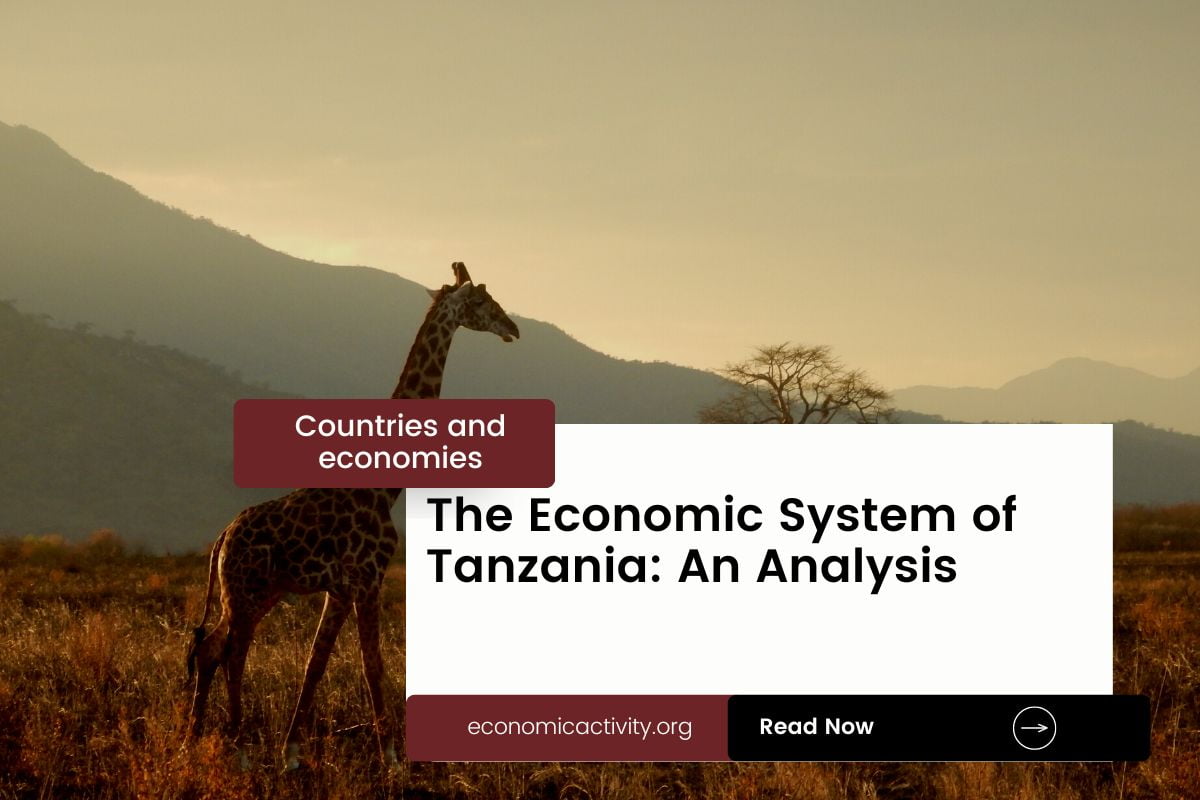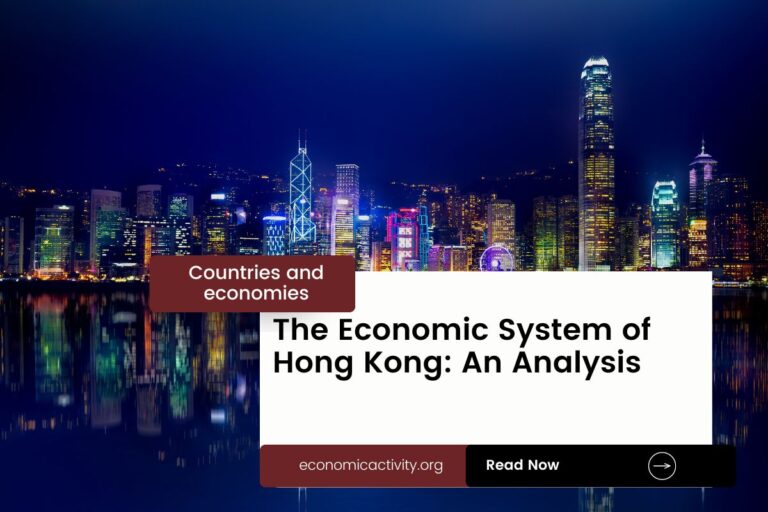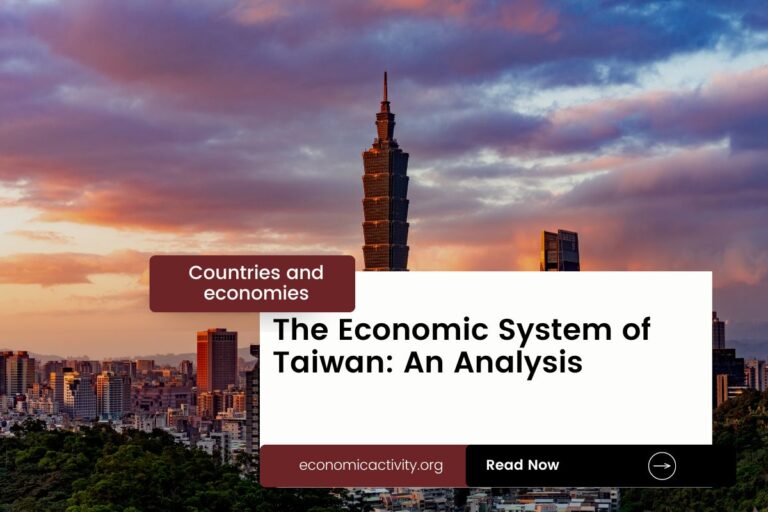What is the economic system of Tanzania? The economy of Tanzania is based on a mixed economy. The country’s economic system combines elements of a market economy and a planned economy.
In Tanzania, the economy is composed of a private sector, consisting of individuals and businesses that make autonomous decisions based on self-interest, and a public sector, where the state determines the production and distribution of certain goods and services. No country is purely capitalist or purely communist.
What do the freedom indexes tell about the economic system of Tanzania?
Now, to determine if a country is mostly a market economy or a planned economy, it is useful to examine some economic indexes. For instance, according to the 2022 Index of Economic Freedom, which measures the ability of every human to control his own labor and property, Tanzania is ranked 93th globally and 10th in Sub-Saharan Africa indicating that the country has a mostly unfree economy.
In a similar way, the 2022 Freedom House index evaluates the state of political rights and civil liberties globally. Generally, market economies tend to align more with democracy and freedom, while command economies tend to be characterized by greater state control and fewer democratic and civil liberty protections.
Tanzania gets a score of 34/100, which qualifies it as Partly Free. Tanzania is considered to have a government that does not control what people do, and people can make their own economic decisions, but it is only considered an electoral democracy, lacking full liberal democratic protections.
The Link Between Public Sector Employment and the Economic System of Tanzania
An indicator of the extent to which the State is involved in the economy is the number of public sector employees. In Tanzania, according to ILOSTAT, the number of public sector employees as a percentage of the total workforce is 4.6% (2020). In the country’s mixed economy, the number of public sector employees as a percentage of the total workforce varies based on the specific policies and practices adopted by the State.
Some economic activities are left to the private sector while others are under government control. The bigger the public sector the closer is the economy to being a command economy.
What do the biggest companies in Tanzania say about the country’s economic system?
The biggest company in Tanzania should also be looked at, as well as whether it is a state-owned or private company. In this case, Tanzania Breweries is a leading producer of beer, soft drinks, and malt beverages. It is the largest brewer in East Africa and has operated since 1933.
The ownership of Tanzania Breweries Limited is distributed as follows:
- SABMiller Africa BV: 57.54%
- Unit Trust of Tanzania: 4.49%
- Parastatal Pension Fund: 4.37%
- Government of the United Republic of Tanzania: 4.00%
- International Finance Corporation: 3.81%
- National Social Security Fund – Tanzania: 3.38%
- Public Service Pension Fund: 3.06%
- Other Local and International Investors: 19.35%
It shows how the biggest companies in the country are privately owned. More
The historical factors that have influenced the economic system of Tanzania
The mixed economy system of Tanzania is the result of the country’s colonial history, its post-independence economic policies, and the global economic environment.
Colonial rule left Tanzania with a legacy of unequal access to resources and a lack of economic diversification. Post-independence policies focused on state-led development, which led to a reliance on imports and a lack of investment in the private sector.
The global economic environment has also had an impact, with the rise of neoliberalism and the increasing influence of international financial institutions.




Leave a Reply